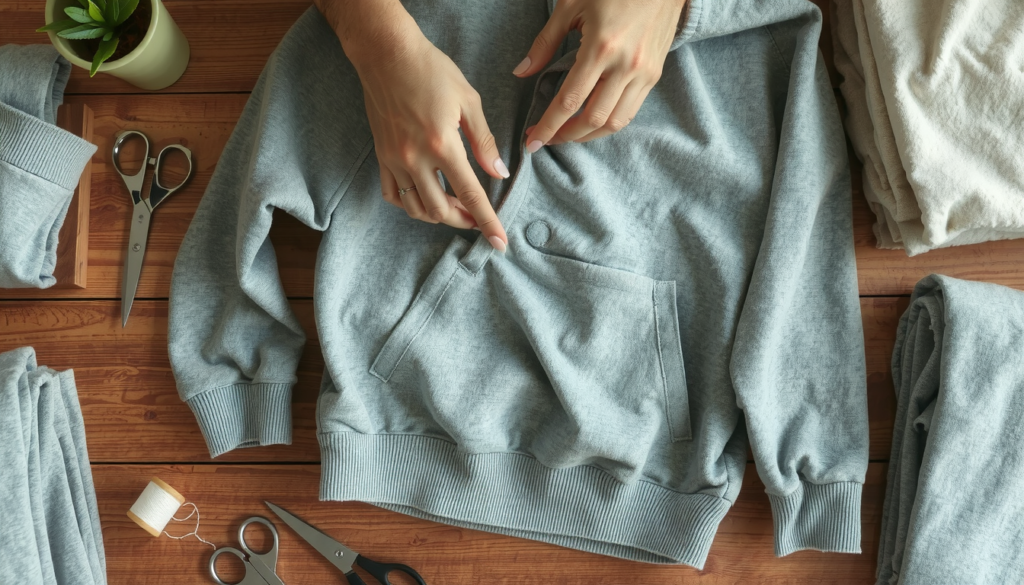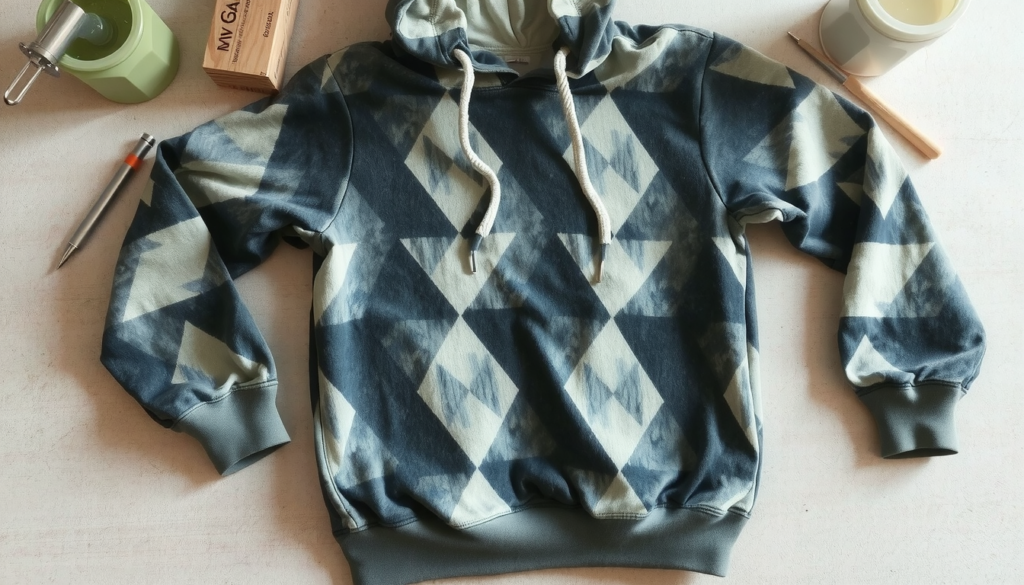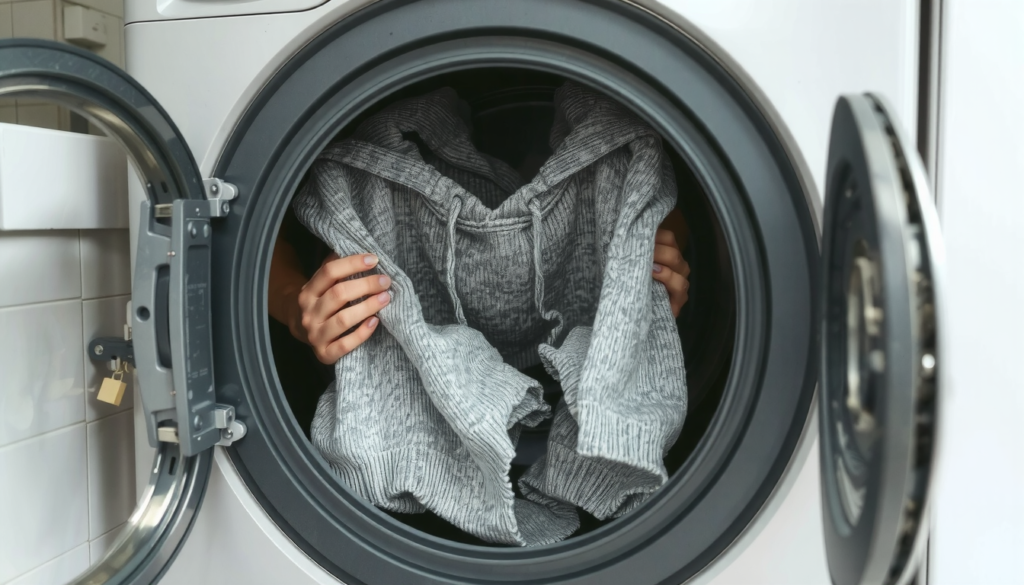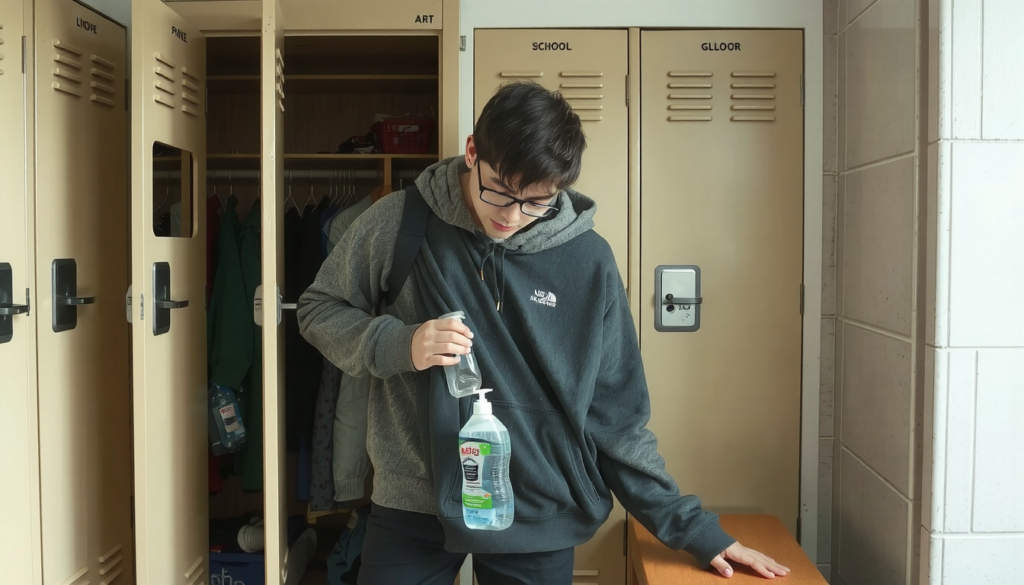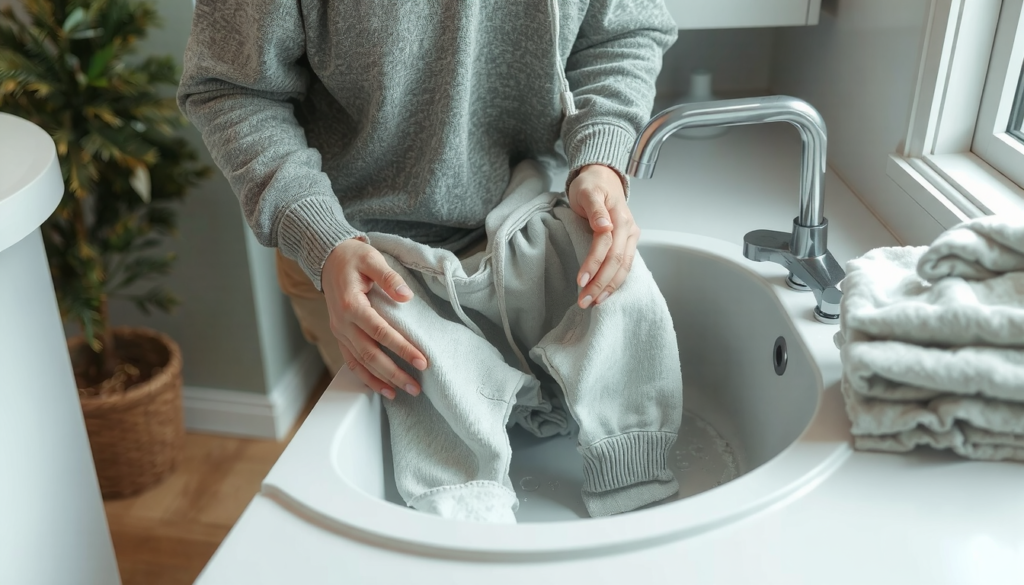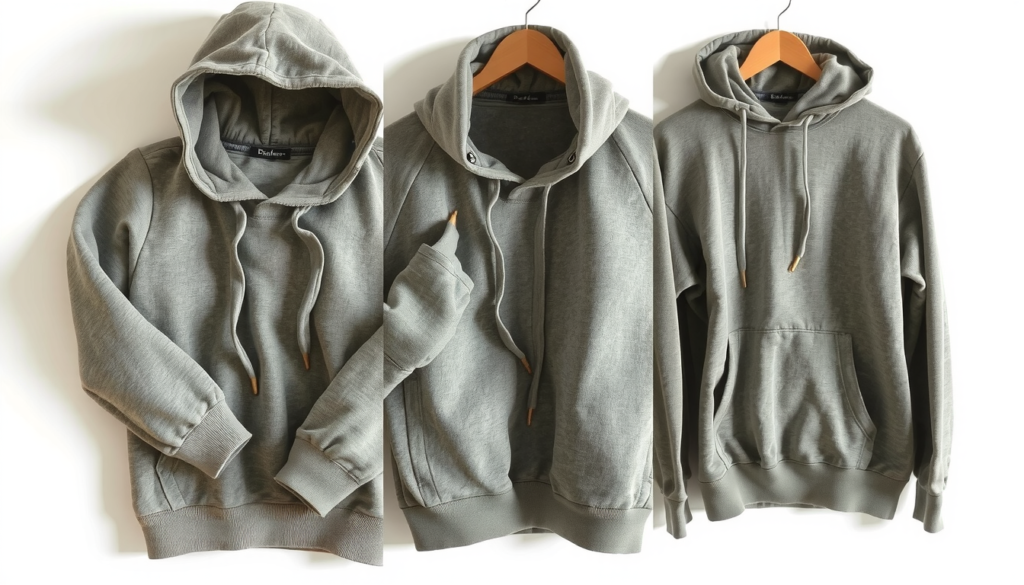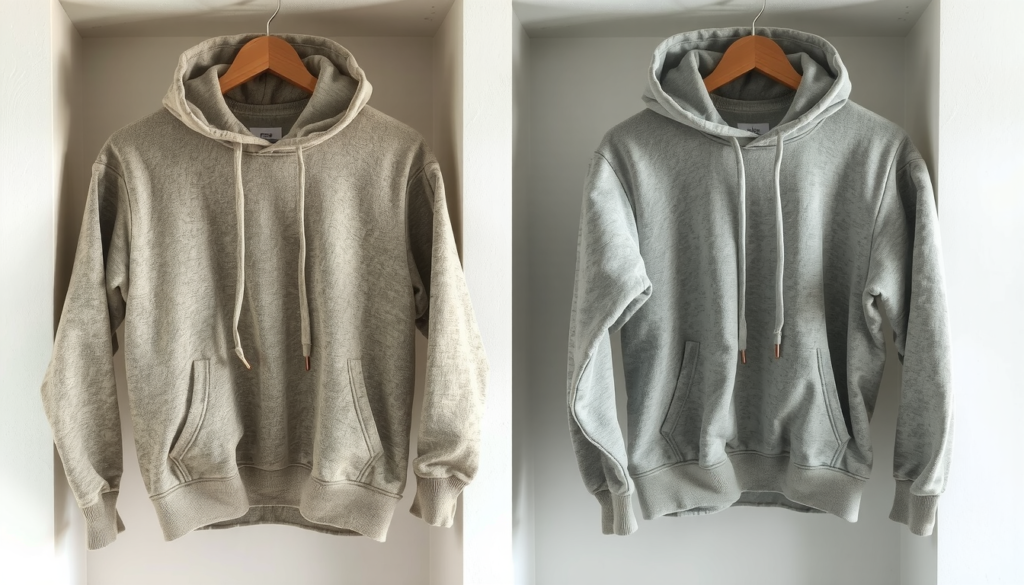
Are you wondering, “Can dry cleaners clean leather jackets?” Yes, they do. However, this is one of those instances where finer details are crucial.
Certain dry cleaners can handle leather jackets; nonetheless, the procedure isn’t the same as that for your wool suit. Not all dry cleaners are certified to handle it. Giving your valued leather jacket to an average, non-specialist cleaner is one of the quickest ways to destroy it.
The misunderstanding is natural. You pick the “dry cleaner,” and it is easy to think that they can handle all fragile clothing. The truth is that cleaning leather is a niche area. The potential for permanent damage if the wrong process is applied is astronomically high.
This guide will utterly clear up the whole issue. We will specify the main difference between a general cleaner and a genuine leather one. Our aim is to help you to decide well. Our desire is to assist you in finding the right expert and keeping your investment safe for many years.
Why So Much Confusion? Standard vs. Specialist Cleaning
The root of the problem is the methods and substances applied. What is good for fabric may destroy leather. Gaining an understanding of this difference is the first step in the right direction to preventing a disaster. Many people ask if dry cleaners clean leather jackets. The reply is contingent upon the type of cleaner you are referring to.

The Risks of Traditional Dry Cleaning
Real leather is animal skin. It is preserved thanks to special oils that keep it soft, supple, and colorful. Traditional dry cleaning is a process that uses harsh chemicals. The most commonly used is Perchloroethylene or “perc.”
Graduated as a powerful solvent from debris removal to using oil, this solvent has the potential to ruin the effectiveness of a leather garment. When it adheres to leather, it does not tell the difference between a stain and the actual oils of the leather.
Perc pulls these oils out of the skin and results in the garment becoming dry, cracking, and brittle over time. It may even result in a significant color shift, stiff texture, and unpleasant feel. The results of traditional dry cleaning on leather are terrifically devastating.
How Specialist Leather Cleaners Work
In fact, a specialized leather cleaning service offers a completely different service. They know that they are treating a skin, not a textile. Their entire procedure is arranged to clean the piece while maintaining its structure.
The solvents used are different too. These include hydrocarbons or eco-friendly silicone solutions like GreenEarth. These substances are effective for removing dirt and grime without adversely affecting the leather’s properties.
The temperature is also lower, and the mechanical action inside the machine is much softer, which means the process is much gentler. Special cleaning, however, is not just this one-step process. The jacket is subjected to reconditioning after the cleaning phase. Reconditioning is a process where fats and oils are re-introduced back into the leather. It is often called “re-oiling” or “fatliquoring,” and it is the process that returns the leather to its supple state, and it finishes the process of cleaning.
| Features | Standard Dry Cleaner | Specialist Leather Cleaner |
|---|---|---|
| Cleaning Solvent | Perchloroethylene (Perc) | Hydrocarbon, Silicone-based |
| Process | Aggressive, strips natural oils | Gentle, preserves natural oils |
| Risk to Leather | High (cracking, stiffness, color loss) | Low (when done by a professional) |
| Post Cleaning | None | Reconditioning and re-oiling included |

The 5-Point Checklist: How to Vet a Cleaner
Telling people to “find a specialist” does not suffice as generic advice. As specialists who deal with valuable garments, we have a solid vetting process. Before we allow any cleaner to handle a leather garment, we ask these five important questions. It is what you should ask and hear the answers you want.
1. “Do you clean leather on-site, or do you send it out?”
Many local dry cleaners are only drop-off points. They collect leather goods and then send them to a large, main wholesale leather cleaning company. This is not necessarily a bad thing. In fact, it shows that they know what they can do, but it is always best to interact directly with the specialist who will do the work. It enables your better communication about the particular requirements and conditions of your jacket. If they send it out, ask who their partner is and investigate them.
2. “What specific process or solvents do you use for leather?”
This is the most important technical inquiry. A genuine pro will state it with no hesitation. Safe answers contain “hydrocarbon,” “GreenEarth,” or “a leather system.” They should give a reason for why their method is friendly to leather. A semi red flag is when they answer very vaguely, such as “we have a special process.” Even worse is if they mention “perc” used on leather. If you hear this, go away immediately.
3. “Does your service include reconditioning and refinishing?”
Cleaning is a half the way to finish it. A major part of professional leather care involves the restoration of oils and finishes. Ask them if their price directly includes the re-oiling or reconditioning to the original feel of the leather. If a jacket loses color, ask if they have services for minor color correction or refinishing. A simple “yes” indicates that they are not just concerned about superficial cleaning but provide a range of services.
4. “Can you show me examples of your work?”
Experience is the best mark of quality. A self-assured and honest cleaner should take pride in their work. They should have before-and-after pictures, or a portfolio or website available. They should also give a brief of their work on jackets similar to yours. They can provide details such as the challenges and results. Their openness to share this information is a fundamental trust-building aspect.
5. “What is your policy for damage?”
Risks also exist with the professionals. A real professional will have a clear and written plan about liability for damaged items. They will also carefully scan your jacket with you when you drop it off. They will list any worn out places, stains, or weak spots in your receipt. This way you, as well as they, will be protected, and it will also show that they are thorough and honest.
Alternatives: When to Go Pro vs. When to DIY
It is not all situations that require you to clean with the help of a whole professional team. For minor issues and small upkeep, there are other safe and effective options. Being aware of the difference can save you both time and money.
Professional Mail-In Leather Care Services
For those without a trustworthy local specialist, national mail-in services are a good option. These companies deal with leather, suede, and fur; they are dedicated specialists in their respective domains.
The main advantage is that irrespective of where you are, you are sending your clothing to a top agent. The drawbacks, however, are typically higher costs (including shipping) and longer turnaround times. Nevertheless, for a valued or dear jacket, peace of mind often outweighs it.

Safe At-Home Cleaning and Maintenance
For general upkeep between professional cleanings, you can perform basic maintenance at home. The key is to be gentle and always test products first.
- Step 1: The Spot Test. Before applying any product to your jacket, test it on a hidden area. Try the inside of a cuff or under the collar. Wait for it to dry completely to ensure it doesn’t cause discoloration.
- Step 2: Basic Surface Cleaning. For light dust and dirt, a simple solution of mild soap and distilled water is effective. Mix a few drops of a gentle soap (like a dedicated saddle soap or even a drop of pH-neutral dish soap) into a bowl of distilled water. Dampen a soft, lint-free cloth, wring it out thoroughly, and gently wipe the surface of the jacket. Never saturate the leather. Use a second, clean damp cloth to wipe away soap residue, then pat dry with a towel.
- Step 3: Conditioning. Leather needs moisture. Every 6 to 12 months, apply a high-quality leather conditioner. This replenishes the oils and keeps the skin supple, preventing cracks. Use a small amount on a clean cloth and apply it in a gentle, circular motion. These gentle techniques to preserve the leather’s natural oils are vital for longevity.
- Step 4: Proper Storage. Never store your leather jacket in a plastic bag, which traps moisture and can cause mildew. Use a wide, padded hanger to support the shoulders. Keep it in a cool, dry closet with good air circulation.
The Bottom Line: Protecting Your Investment
So, do dry cleaners clean leather jackets? The answer is a qualified yes. Standard dry cleaners do not; they cause damage. Specialist leather cleaners do, using safe and restorative methods.
Your leather jacket is more than just a piece of clothing; it’s an investment. The key to its longevity is avoiding the pitfalls of standard dry cleaning. Trust it only to a vetted professional. Use the 5-point checklist to confidently find a cleaner who will preserve, not punish, your garment.
Proper care ensures the longevity of your investment. Just as you’d choose a skilled cleaner, starting with a well-made jacket from an experienced clothing manufacturer sets the foundation for years of wear.
Frequently Asked Questions (FAQ)
1. How much does it cost to have a leather jacket professionally cleaned?
The cost for professional leather jacket cleaning typically ranges from 50to120. The price depends on the cleaner’s expertise, the size and style of the jacket, and its current condition. More extensive cleaning, stain removal, or color restoration will be at the higher end of that range. Be wary of any service advertising a very low price (e.g., under $40). This is a major red flag they may not be using the proper specialist techniques.
2. Can you clean a suede or nubuck jacket the same way?
No. Suede and nubuck are types of leather, but their surface has been buffed to create a soft, velvety nap. This nap is extremely delicate and requires an even more specialized cleaning process than smooth leather. While most leather care specialists can also handle suede and nubuck, they use different tools and techniques. Always confirm that the cleaner is an expert in suede specifically before entrusting them with such a garment.
3. How often should I get my leather jacket professionally cleaned?
Only when it is truly necessary. Unlike regular clothing, leather does not benefit from frequent cleaning. A professional cleaning is recommended for tackling significant dirt buildup, deep-set stains (like ink or oil), or for a deep reconditioning every 3-5 years. For routine wear and minor smudges, the at-home maintenance methods mentioned in this guide are sufficient.
4. Can a cleaner fix scratches or color loss on my jacket?
A true leather care specialist often can. This is a key service that separates them from standard dry cleaners. Minor scuffs and scratches can often be buffed out and reconditioned. Areas of significant color loss, such as on the shoulders or cuffs from wear, can often be re-dyed or refinished to blend seamlessly with the rest of the jacket. Always discuss these repair options during your initial consultation.
5. My jacket’s care label says “Dry Clean Only.” What should I do?
This is a common source of confusion. When a manufacturer puts “Dry Clean Only” on a leather garment’s tag, they almost always mean “Professionally Clean by a Leather Specialist Only.” It is industry shorthand. Do not interpret this as permission to take it to your local, all-purpose dry cleaner. Always treat this label as a directive to seek out a professional who has passed the 5-point vetting checklist.



